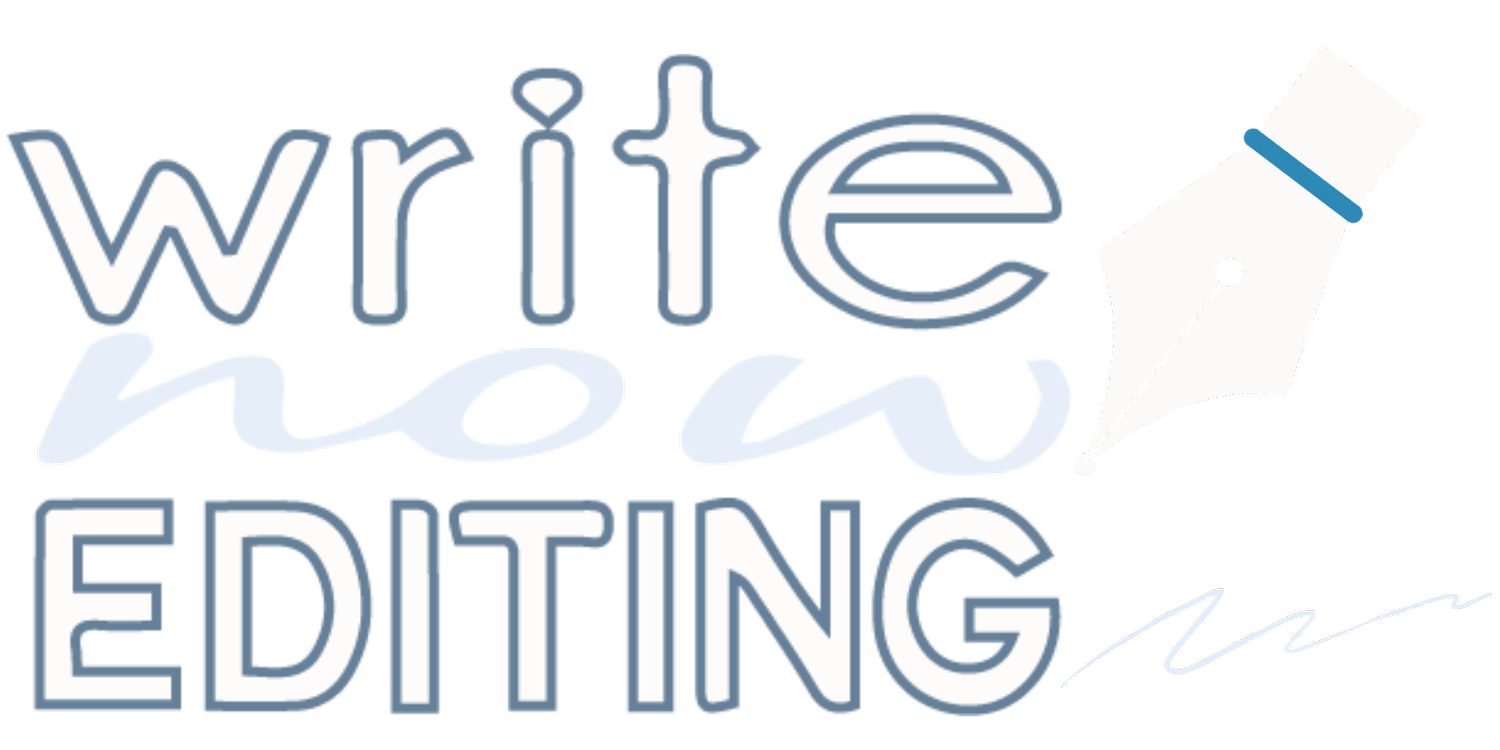Writing Advice with Linda Rondeau
What is your favorite writing craft book?
The most helpful book on craft, for me, was Stephen King’s On Writing. It was practical. I took away two important pieces of advice from this book. 1) Make sure you give yourself time between finishing your manuscript and self-editing. 2) Stephen King commented about the importance of reading. He considered himself as a slow reader, yet reads a minimum of 80 books a year.
Which do you think is the most underrated writing craft book? Why?
A book I haven’t heard referred to in recent years is Self-editing for the Fiction Writer. I still reference this book. We should all go back to boot camp for writing from time to time.
What is your favorite (or most anticipated) writers conference?
I wasn’t able to attend a writers conference this year, and finances have kept me from enjoying the several conferences I used to attend. I place a personal preference toward Blue Ridge Mountains Christian Writers Conference. For me, it’s like homecoming. This was the conference where God cemented my call to write … many times over.
What’s your favorite other source (YouTube, podcast, etc.) for writing tips/info?
I enjoy listening to writers journeys on shorter podcasts. I’m probably in that generation that doesn’t listen to podcasts much, although I probably should more often. I find great helps and advice through the various professional groups I belong to, as well as writing Facebook groups.
Who is your writing mentor/inspiration? Why?
I have many writing friends who encourage me and keep me motivated. But my greatest inspiration is C.S. Lewis. I am inspired by the spiritual analogies in his fantasies.
What’s the worst writing advice you’ve ever received? Why was it bad?
Many years ago, I was hounded to find my “genre” and stay with it. With publishing options so broad these days, I think writers have more flexibility to explore other genres and broaden their creativity.
What’s the best writing advice you’ve ever received?
“Don’t waste the pain.” I have adopted the mantra, “Whatever doesn’t kill me, I’ll put in a book.” Embracing life’s challenges, even the most painful, will make us better writers.
What would you say is the best writing tip for new authors?
Don’t rush to publish a full-length manuscript. Write shorter pieces and save them. Write articles, publish in anthologies, or start a blog. Take the time to learn the craft as you discover who you are as an author. Find your true voice, and be authentic. Don’t pattern your style after other writers.
What is your best self-editing tip or advice?
Trust your own process. Some writers like to self-edit as they go along. Others like to get the shell of their manuscript finished before they begin revisions. I tell new writers, and more seasoned authors, not to edit all aspects of your manuscript at once. Reise, revise, and revise.
Please share your most encouraging tip for frustrated/discouraged writers.
I heard it said at conferences over and over again. “Trust God’s timing.” It stung, when year after year, I could not find a publisher, even though I had a good agent. But it is a true statement. As I look back, I see how God has shaped my career toward His plans for my writing.
Tell us about your newest release/upcoming release.
My most recent release is GLICK: My Favorite Alien, a middle-grade sci-fi, twenty years in the making. When I asked my then six-year-old grandson what I should write about, he said, “Gotta be an alien, Grandma.” It went through many revisions, but nothing seemed to work. Last year, it hit me. The story has to be told from the point of view of the main character with first person narrative. I opted to self-publish this book since it was general market and different from other things I’ve written … definitely a whole new learning curb.
BLURB: What do you expect another worldly being to be like in appearance and character? Something scary on the hunt for prayer or looking to abduct you for experiments? GLICK is simply a cosmic librarian, with a strong faith, and desire to increase knowledge for the betterment of the Universe.
Written from the point of view of the twelve-year-old protagonist, diversity, bullying, and friendship are portrayed in this light-hearted story about a group of kids encountering an alien who, due to a transportation glitch, has landed in the small town of Ellis Grove, Indiana instead of his intended site, the Metropolitan Museum of Arts.
Set in 1990, orphaned, twelve-year-old Jeremy Bannister has enough to deal with. Add the pressure of an upcoming skateboard contest and the constant bullying by last year’s winner who tries to force Jeremy to withdraw. While Jeremy and his friends try to help GLICK, he helps Jeremy understand that friendship can be forged through unlikely circumstances, even with a bully.
Please share a short biograph.
L.W. Rondeau, (aka Linda Wood Rondeau) writes from her many years as a social worker, why her voice hits home with complex characters who walk off the page, and why readers relate to her non-fiction as well. She resides in Hagerstown, MD with her husband of 47 years.
Where can people find you online?
lindarondeau.com
https://www.facebook.com/lindarondeau
https://www.facebook.com/lindawoodrondeau/
https://www.instagram.com/authorlindawoodrondeau/
X
Linked In
